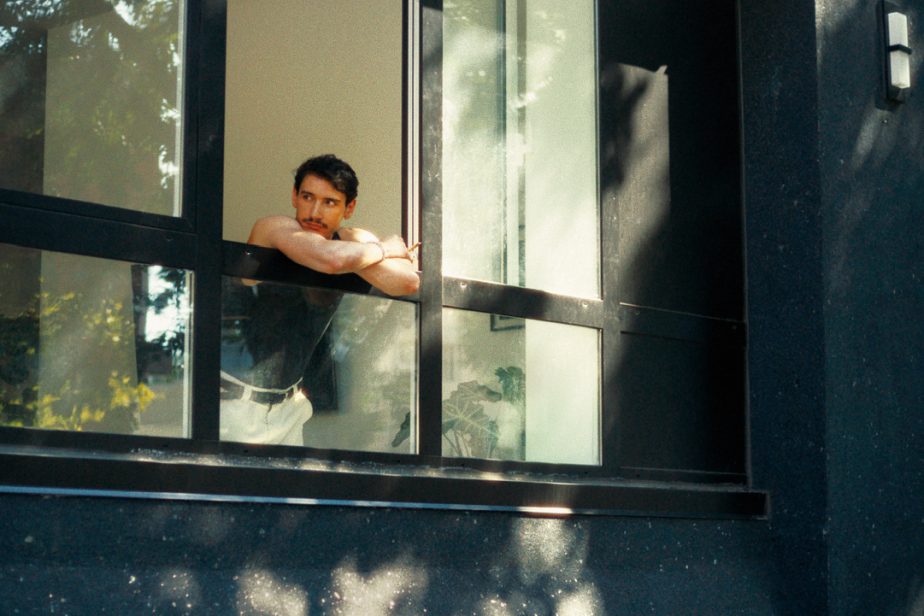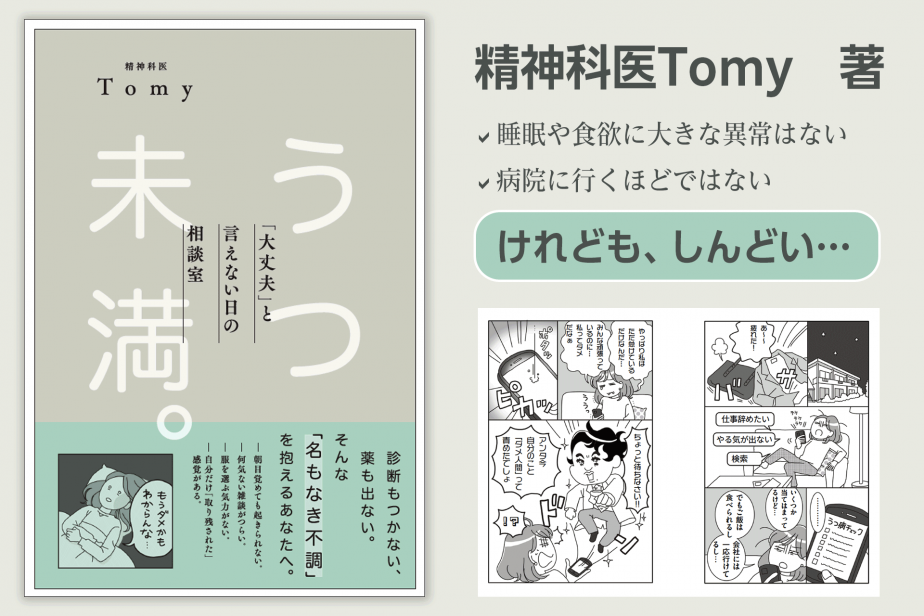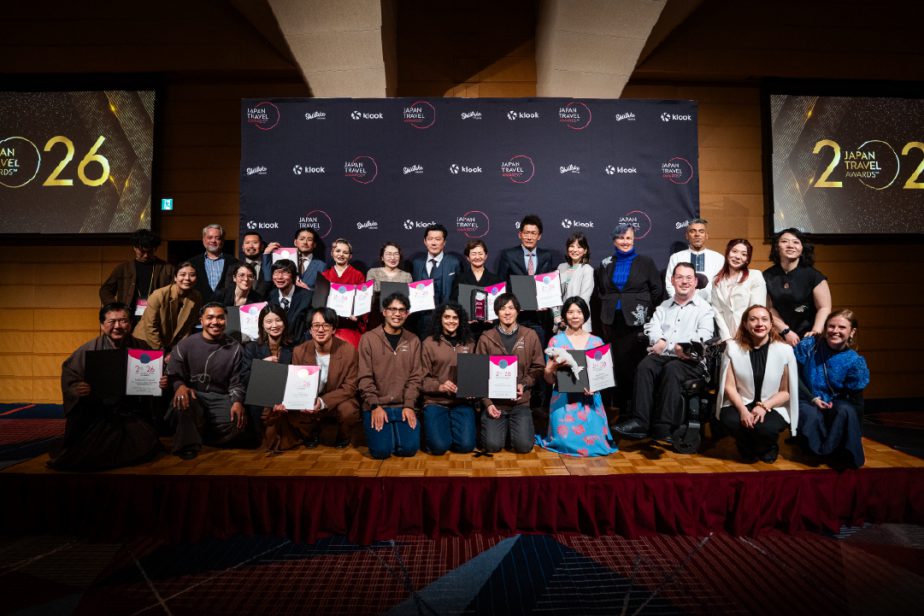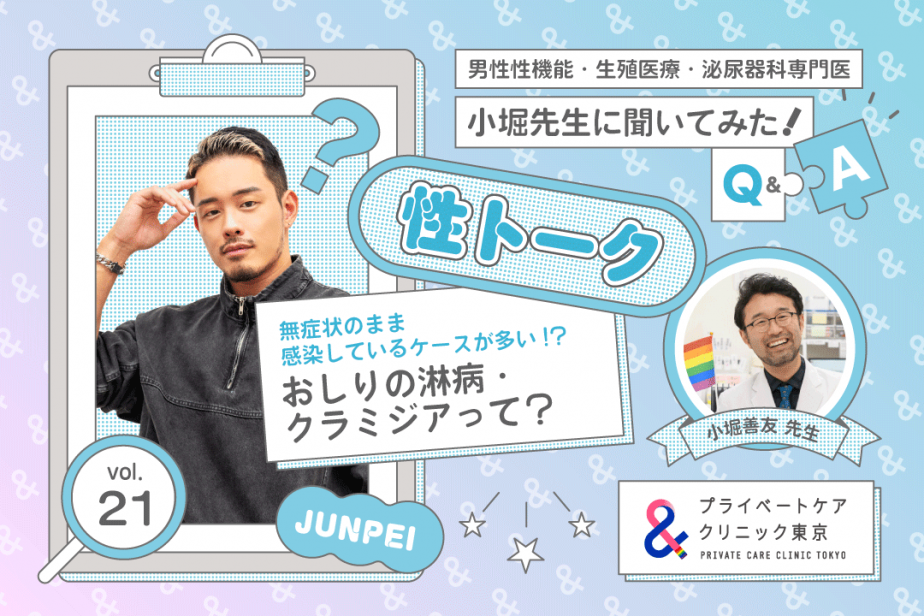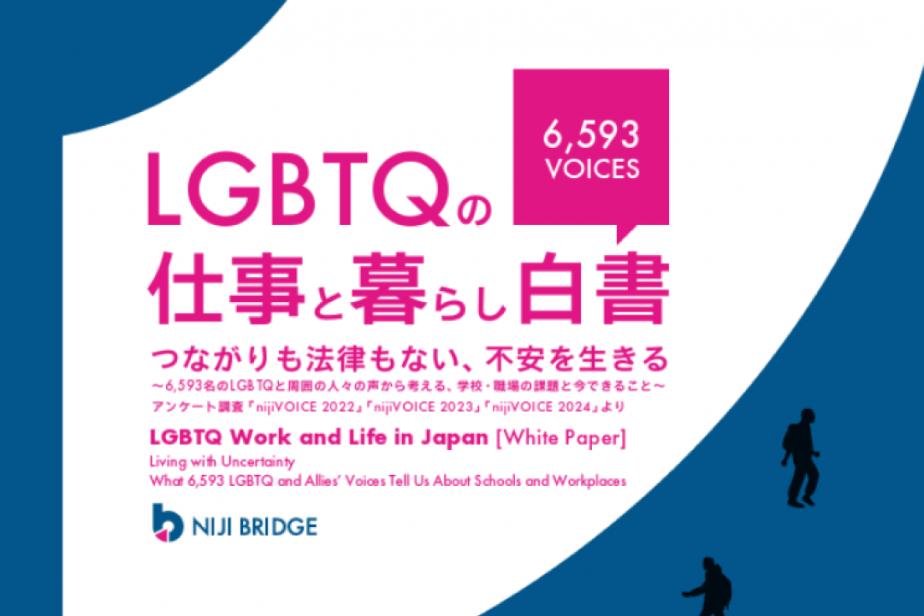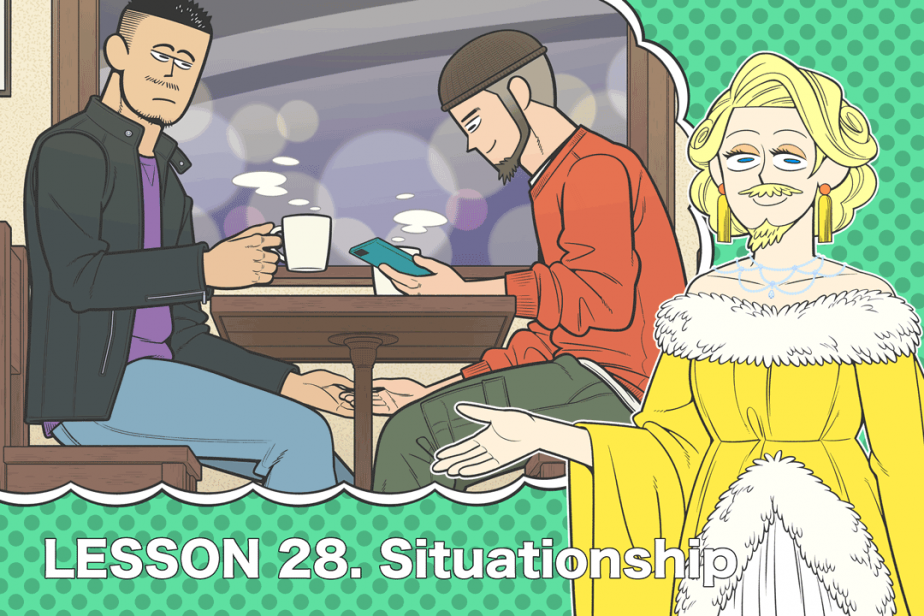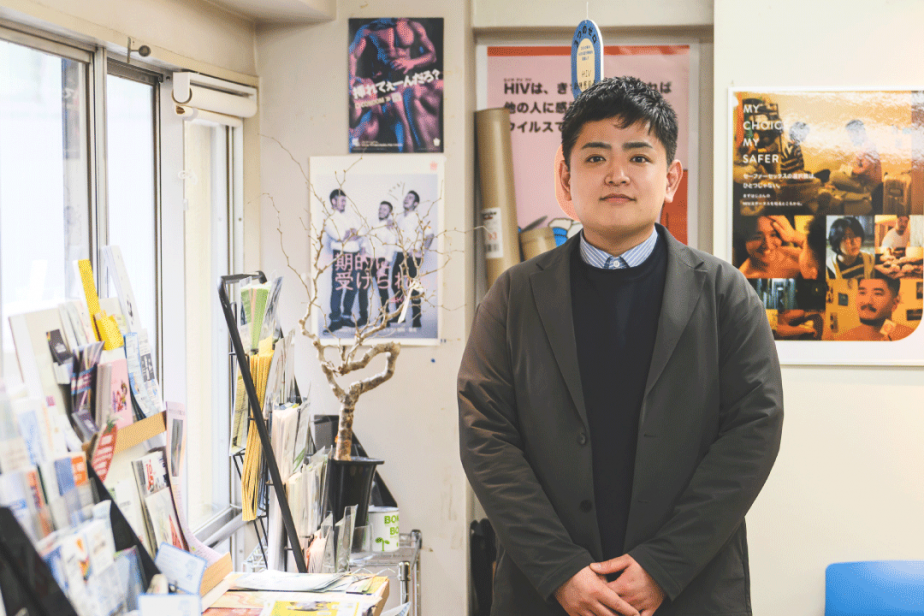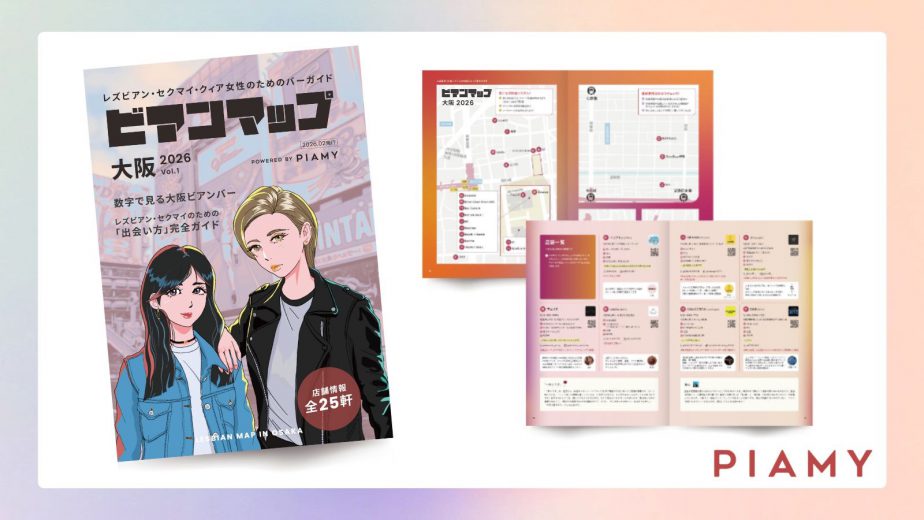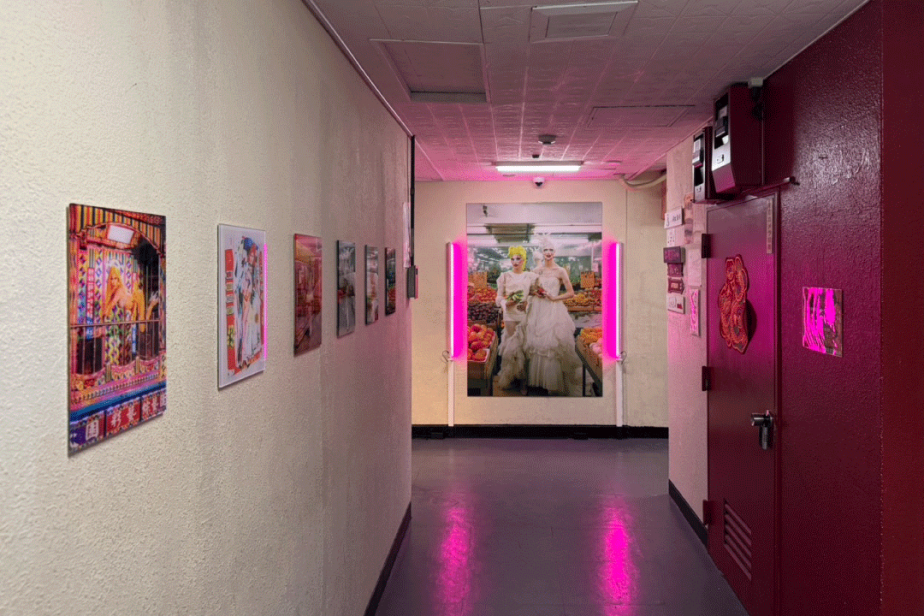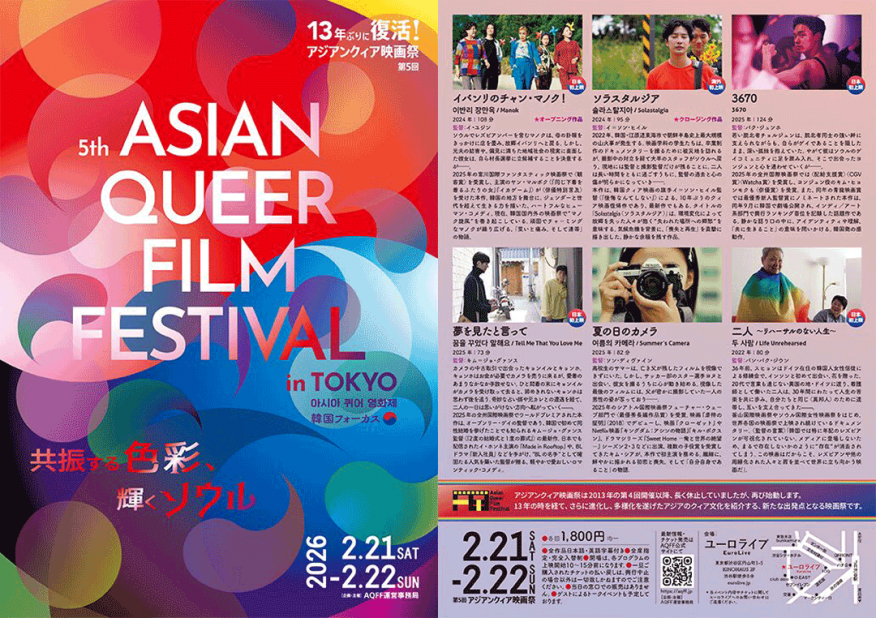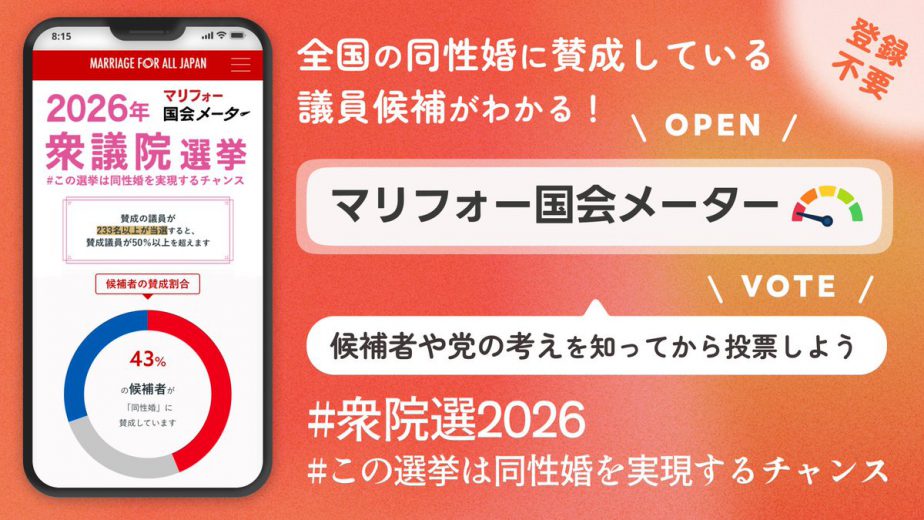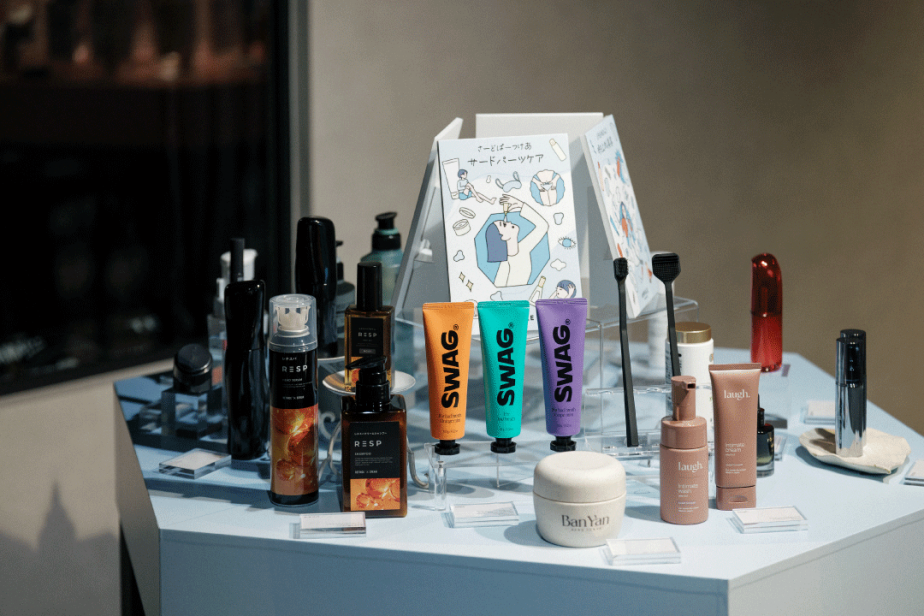
Did you know that the Netherlands, where the world’s first same-sex marriage was realized in 2001, is home to the world’s oldest still existing LGBTI rights organization called “COC”? They are mainly involved in activities to further increase the social acceptance of LGBTI, legal equality and are committed to supporting the LGBTI movement in more than 30 countries around the world. In recent 15 years they have also been focusing on providing support to educational institutions that correspond to junior and senior high schools, which includes creating a mechanism for LGBTI activities, and providing materials.
“Promoting the understanding of LGBTI in educational institutions has greatly improved by taking a bottom-up rather than a top-down approach” says Jouke van Buuren, COC national program manager.
This time, we asked Jouke about the GSA program, which is especially important in increasing the understanding of LGBTI among junior and senior high school students.

— A team consisting of actual LGBTI-students and allies are active throughout the year to ensure that correct information reaches other students and make the school safe for everyone.
–Please tell us what made you decide to work with COC.
I’ve known since I was around 14 that I was gay and knew about COC, but the COC never gave an information lesson at my high school.. The first time I met members of COC was when I had an internship opportunity after majoring in applied psychology. I joined because I wanted to find out about what was going on at COC and how I could be involved in order to help make it a better organization.
Shortly after joining, I was impressed by COC’s way of working, by supporting students to take the initiative to take action themselves, rather than just giving something to them. I also felt that it is an organization where many LGBTI people are able to enhance each other. After the internship, I officially started working as a staff member of COC.

–What kind of activities has COC been doing since its establishment?
The 75-year-old COC began providing information to educational institutions in the 1970s. The program started out with two volunteer members visiting schools and hosting a 45-minute dialogue in front of students about their experiences related to coming out and sexuality. Rather than books or data, hearing the story from a person is valuable and leaves an impression, but this alone does not provide a safe environment for LGBTI students.
Approximately 30 years later, we greatly changed our methods to reach LGBTI at more schools with correct information, by providing free LGBTI teaching packages for teachers and setting up a diversity day once a month. However, these new efforts did not work.

The main reason was that there were many school directors and teachers who did not feel the need for the teaching package, they didn’t order it saying that “there is no need because we do not have LGBTI students in our school”. I believe the problem was that those in charge at the schools were often unaware of the problems and issues that LGBTI students faced, and therefore showed no interest.
After these failures, it was in 2008 that we turned to activities centered on the GSA program and got into the swing of things. The GSA is a program where LGBTI students and their straight-cisgender allies form an LGBTI ally group at schools that through actions and campaigns promote understanding of LGBTI throughout the year.
As of 2021, GSAs have been established in 80% of secondary schools in the Netherlands. We believe that establishing a system that allows students who have the best understanding of the actual conditions and characteristics of the school, carrying out activities from the bottom up, will lead to an improved environment on campus.

–It is important to always take on challenges in order to eliminate the sense of discrimination e 20 years after the establishment of same-sex marriage.
–Please tell us the reason why you continue to work mainly in middle/high schools, even if there are many children who have grown up with same-sex marriage as something that is normal.
One of the main reasons why we continue our activities is that even after 20 years of same-sex marriage, discrimination against LGBTI people, such as bullying and violence, has not disappeared. This is especially true for the age group who attend middle and high schools.
According to one study, LGBTI youth are five times more likely to think of suicide than those who are straight and cisgender. Students should not have to deal with discriminatory behavior from others in school, where they spend most of their day.

Achieving same-sex marriage as the first in the world is certainly a big win, and something to be proud of as the Netherlands, but the LGBTI battle is not over at all. We are still far from being a society where gay and lesbian couples can walk hand in hand through Amsterdam, the capital of the Netherlands, and there is still discrimination in particular against minorities such as people of color, transgender people, and asylum seekers from other countries.
Soon after the introduction of same-sex marriage, it was clear that the emancipation struggle was not over. For example, there were municipal officials (who perform a marriage in The Netherlands) who refused to marry same-sex couples., So there have been cases where people have submitted their marriage registration to the city hall and the staff refused to approve their marriage because it was a same-sex marriage. The law was amended to prevent the staff from refusing approval for personal reasons. I believe that in order to eliminate discrimination, it is necessary to repeat the process of resolving issues that stand in the way, even after things have been improved.

–Finally, please tell us about your future COC activities.
I believe that the LGBTI community will remain a minority group in the future, but our activities will continue until we reach a society where human rights are given equally to people in vulnerable positions in society.
The environment surrounding the LGBTI community could deteriorate at any time, so we will continue to monitor the movements of conservative forces in the country and the region. COC alone cannot decide where the Netherlands of the future will go, but I believe that we will be a major force in changing our society to the one we want it to be.

◆ Dutch LGBTI Rights Group COC
The world’s oldest still existing LGBTI rights advocacy group established in the Netherlands in 1946. In recent years, with the cooperation of the government started efforts in the field of education, with activities such as “Purple Fridays”, which shows solidarity with LGBTI people, and the GSA Network, a national education and empowerment program for educational institutions that correspond to secondary schools are implemented. Young people and LGBTI allies/supporters take the lead in creating mechanisms to promote activities and providing support.
Photo courtesy/ COC
Interview/ Takashi Haga
Production / newTOKYO


